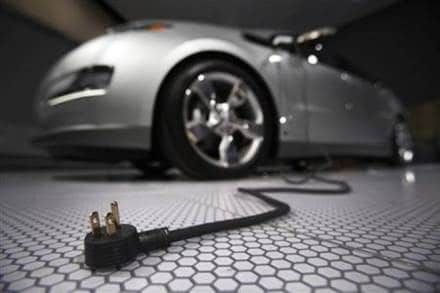Union Budget 2020 India: Electrification is among the major shifts auto sector globally is witnessing. The other being AI and IoT enabled connected vehicles, self-driven or autonomous vehicles etc. changing the way people commute, save time and cost, and overall mobility behaviour. Electrification might help India to achieve its 30 per cent EV penetration target by 2030 even as the country reels under enormous pollution level and volatile crude oil prices. This year’s budget would hint the industry how the plan goes towards making Indian cities less polluted as stakeholders expect key steps to be taken by the Finance Minister Nirmala Sitharaman.
Developing charging/swapping infrastructure: Charging/swapping infrastructure adoption expected in 2019 which was promised in 2018 was not even implemented by 5 per cent and at least we expect that to happen in 2020. Setting it up and putting in place an EV service network will take time, according to Dr Irfan Khan, Founder, eBike Go. Moreover, while “GST for purchasing has been reduced to 5 per cent but registration charges in many states are not reduced yet while the end customer who is using services like rental is paying 18 per cent GST which should also be reduced for a price advantage,” he added.
Also read: Modi’s Startup India report card: Recognised startups more than triple; these many got funded in 4 years
Increasing Awareness and Competition: Few areas expected to be worked upon this year would improve ease of charging with enhanced charging infrastructure, knowledging the masses on how EV is better than IC vehicles, and better payment gateway integrations and better organization of road infrastructure systems, said Kapil Shelke, Founder of Tork Motors. Also, there is a need for “more competition in the EV segment including the performance segment, commercially viable segment, and economical segments. There should be more adoption of EV and faster rate of conversion from IC to EV along with low noise and air pollution and eradicating PUC.”
Watch Video: What is Union Budget of India?
Year of Execution: 2020 will be the year of execution in e-mobility since businesses doing pilot/field testing of the technology, business models in the last few years are ready to enter the market commercially. “Initially, last-mile connectivity will be completely or almost 90 per cent will shift to EVs and we will see new models of electric cars with affordable price and more range,” said Rupesh Kumar, CEO, EVI Technologies. The hope for this year is centred around “proper policy with realistic road map will be there and most important, standardization in charging, battery for different categories of vehicles,” added Kumar. The EV market is expected to grow a minimum of 20-25 per cent that might scale up to 50 per cent after a proper policy framework.
More Than a Commuting Mode: EVs will evolve ahead to enhancing and easing lifestyle from just being a mode to commute. “This means that there will be wireless charging with EVs, more powerful performance, autonomous driving, and even more ways of communication between rider and motorcycle. Thus the modernization will evolve with time and the technology will become better,” said Shelke.
